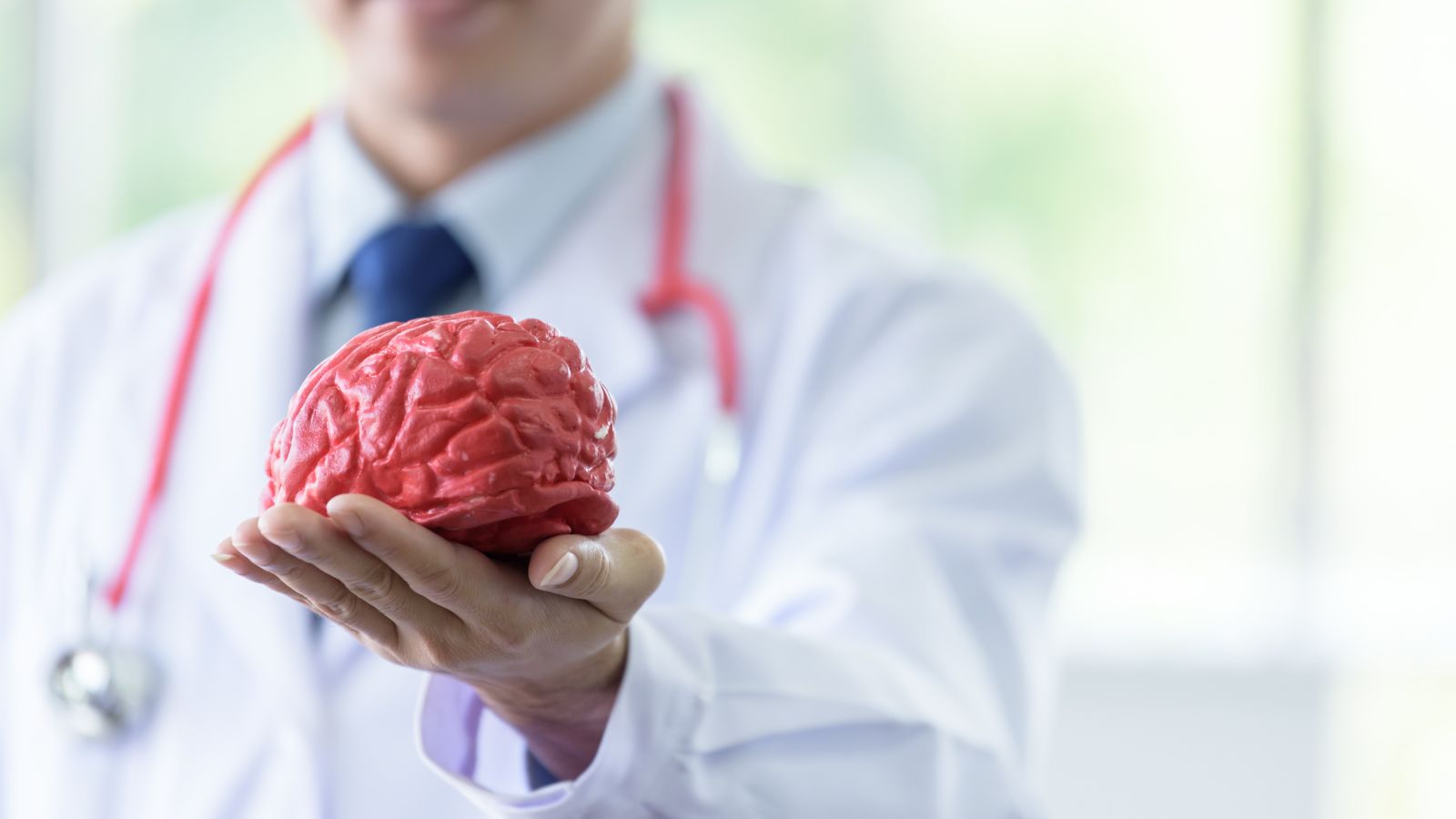Sleep and Neurology: Overview & Epilepsy
In part 1 of a 3-part series, we take a look at what the Sleep Medicine Textbook, 2nd Edition presents on sleep and neurology, specifically a look into an overview and epilepsy.
Overview
“A bidirectional link exists between sleep and neurological disorders, but unfortunately, this knowledge is often neglected by neurologists and sleep physicians. First, sleep-wake circadian disturbances (SWCD) are risk factors for neurological disorders: long sleep duration and sleep-disordered breathing [SDB] for stroke; insomnia and circadian distrubances for Alzheimer disease [AD]; rapid eye movement sleep behaviour disorders [RBD] for Parkinson disease [PD].
Second, SWCD are very common in neurological disorders: fatigue is present in >50% of patients with stroke, multiple sclerosis (MS) and PD; excessive daytime sleepiness in >20% of patients with PD, AD, stroke, migraine, epilepsy, and neuromuscular disorders; insomnia in 50%-90% of patients with PD and >20% of patients with AD, stroke, MS, epilepsy, and migraine; SDB in >50% of patients with stroke and >20% with PD, MS, epilepsy, headache syndromes, and neuromuscular disorders; restless legs syndrome in >10% of patients with PD, MS, and headache syndromes; RBD in >50% of patients with PD.
Third, SWCD in neurological disorders negatively affect cognition, functional outcome, mortality, and quality of life. The best management strategies for SWCD in neurological patients remain unclear for most situations, although effective treatment options are increasing. More research is needed to understand the link between neurological disorders and SWCD and the potential of targeting SWCD to prevent or modulate the course (and eventually outcome) of neurological disorders.”
Summary by:
Claudio Bassetti (2021). M. Sleep and Neurology 1. Overview. In Bassetti, C., McNicholas, W., Paunio, T., & Peigneux, P. (Eds.). Sleep Medicine Textbook (2nd ed., pp. 905-913). Regensburg: European Sleep Research Society.
Epilepsy
“Epilepsy is a chronic neurological disorder characterized by a persisting tendency to produce seizures, and by the cognitive, psychological, and social consequences of the condition. Epilepsy and sleep have a close, two-way relationship. Sleep, sleep deprivation, and sleep disorders may affect epilepsy, favouring occurrence of seizures; in turn, seizures during sleep, interictal epileptic discharges, and drugs may alter sleep structure and increase daytime sleepiness, interfering with the restorative and neuroplastic functions of sleep. Moreover, in some epilepsy syndromes such as sleep-related hypermotor epilepsy or childhood epilepsy with centrotemporal spikes, seizures mostly or exclusively occur during sleep. Such epilepsy syndromes can thus be confounded with sleep disorders, misdiagnosed, and therefore mismanaged.
Sleep assessment and sleep recording with video-polysomnography are therefore important for the diagnosis and management of patients affected by epilepsy. This chapter will provide an overview of the pathophysiology of sleep-related seizures, of the possible circadian modulation of seizures occurrence, as well as discuss the common sleep-related epileptic syndrome most likely to be encountered in the sleep laboratory. Differential diagnosis will be considered as well as the sleep-related comorbidities frequently observed in patients with epilepsy. Finally, pharmacological and non-pharmacological management of sleep-related epilepsy will be reviewed.”
Summary by:
Steve Gibbs, Frédéric Zubler & Lino Nobili (2021). M. Sleep and Neurology 2. Epilepsy. In Bassetti, C., McNicholas, W., Paunio, T., & Peigneux, P. (Eds.). Sleep Medicine Textbook (2nd ed., pp. 915-927). Regensburg: European Sleep Research Society.
ESRS Reminders
ESRS-GEF Childcare Support Grant
This grant aims to provide financial support to parents to cover childcare expenses on-site or at home to enable attendance at the 26th congress of the ESRS, Sleep Europe 2022 in Athens, Greece. If at the time of the congress you have childcare obligations, we encourage you to apply.
Deadline: 9 August 2022
More details here.
Sleep Europe 2022 Late Breaking Abstract Submission
We are currently accepting submissions for late breaking abstracts. These abstracts should contain data or relevant information that was not yet known or available by the normal submission deadline (26 April 2022) for it to be accepted.
Deadline: 16 August 2022
More details here.
Call for Photos – ESRS 50th Anniversary
Deadline: 26 August 2022
More details here.
Sleep Europe 2022 Regular Registration
The ESRS Board is pleased to announce that regular registration is now open for Sleep Europe 2022 in September in Athens, Greece. We look forward to seeing you there in-person for an exciting programme including new teaching courses, more keynote speakers than ever before and numerous sessions based on our six educational tracks.
Deadline (Regular Registration): 30 August 2022
View the entire scientific programme and register today.
Become More Active in the ESRS
The Sleep Medicine Committee is seeking an effective member to fill the position of Chair for the committee. This is one of our largest and most productive committee’s, with four working groups dedicated to promoting clinical sleep medicine as its own healthcare discipline.
Deadline: 15 August 2022
More details here.
The ESRS Board invites you to submit nominations for members of the 2022 – 20224 ESRS Board and Scientific Committee. This is an excellent way in which you can get more involved in the society and contribute in an even greater way to the sleep science field.
Deadline: 14 September 2022
More details here.
Recent publications from ESRS members
- Sunde et al. (2022). Protocol for a systematic review and meta-analysis on the associations between shift work and sickness absence. Syst Rev.
- Tamisier et al. (2022). Effect of adaptive servo ventilation on central sleep apnea and sleep structure in systolic heart failure patients: polysomnography data from the SERVE-HF major sub study. J Sleep Res.
- Watanabe et al. (2022). Genome-wide meta-analysis of insomnia prioritizes genes associated with metabolic and psychiatric pathways. Nat Genet.
- Reid et al. (2022). The effect of sleep continuity disruption on multimodal emotion processing and regulation: a laboratory-based, randomised, controlled experiment in good sleepers. J Sleep Res.
- Salfi et al. (2022). The fall of vulnerability to sleep disturbances in evening chronotypes when working from home and its implications for depression. Sci Rep.




